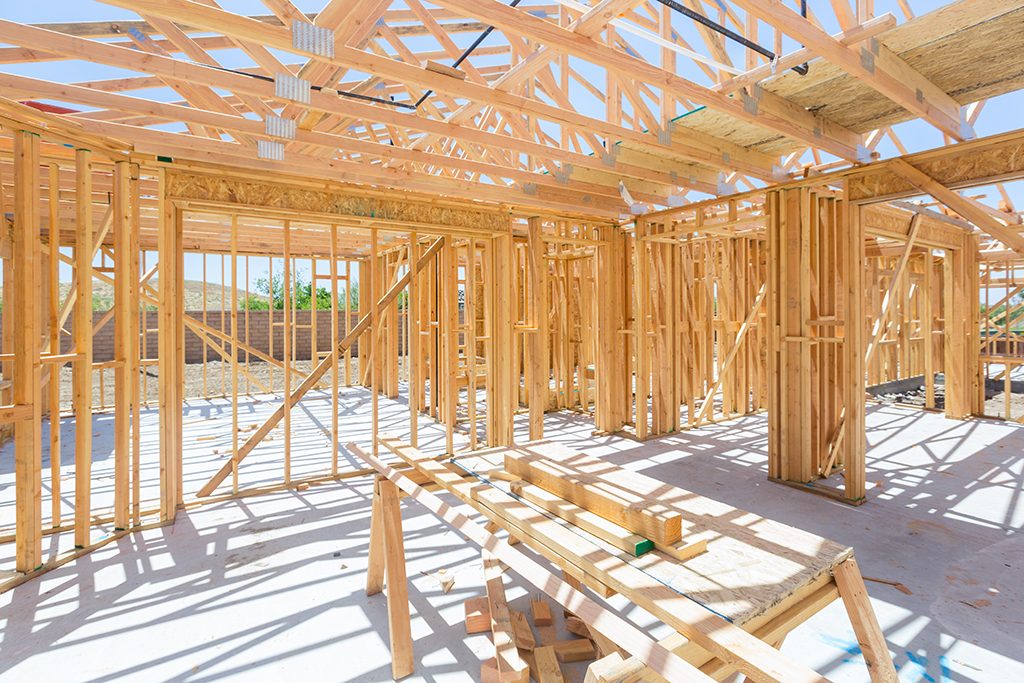A series of proposals in Red Deer aim to spur more residential development in the city’s downtown. The recommendations, which are mostly grants, are designed to break down common barriers that developers and landowners encounter when planning and building a project.
The process began in 2016 when city officials commissioned a strategy to retain businesses and attract new investment to its downtown area. This was followed up by a study that focused in on encouraging residential development. From the studies came the eight programs that officials feel will give the best bang for their buck.
“Starting in 2015, the province has experienced a bit of prolonged economic slowdown,” said Jason Taylor, divisional strategist of planning services. “The economic climate is tough for some businesses out here. We recognize that it’s important for us to do what we can pull those levers to help our businesses and make the prospect of investing in our community attractive – even in an economically challenging time.”
Two grants would aim to assist projects that would not only encourage residential projects, but also beautify the area. A façade and storefront improvement grant was recommended to assist business doing work on their façades, signage or security-related façade improvements. An environmental assessment grant would encourage development on downtown brownfield sites by helping cover the cost of phase 1 or 2 Environmental Site Assessments and another grant would help fund demolitions of derelict properties.
“It’s to help the property owners move toward redevelopment or sale and to contribute to the aesthetic of the downtown,” said Taylor.
Other grants aim to decrease the financial hurdles projects can face.
Officials recommended a grant to offset 50 per cent of utility connection fees up to $30,000.
“it is often an unexpected cost for developers,” said Taylor. “That’s something we hear from our development community.”
Developers and other stakeholders could save even more through a residential and mixed-use tax-offset program.
“The program will grant back the difference in the municipal portion of property taxes between the predevelopment assessed value and the post development assessed value, over a given period of time and up to a maximum amount still to be determined,” said Taylor.
The city also would ease the burden on projects by reducing parking requirements for downtown projects through bylaw changes. The city has not yet developed the specifics of this change and plans to engage with relevant stakeholders before doing so.
“We know that parking can be an expensive component of development,” said Taylor “And this is also in recognition of changing trends with vehicle ownership. We want to help people who want to be close to where they work and play.”
Another bylaw change that was recommended would encourage “land use clustering”. Taylor explained that this refers to the concentration of complementary businesses to create or give the feel of districts focused on an experience. For example, boutique eateries may be clustered in one area to create a “restaurant district”. The report to city council noted Halifax, Victoria, Calgary, Kelowna and Edmonton have had success with similar plans. This would be done by establishing a requirement for active edge uses at prominent locations throughout the downtown, main thoroughfares, or where public realm and infrastructure improvements have occurred.
“This is so folks can come to the downtown and have a robust experience,” said Taylor.
The city is also looking at a series of red tape reduction strategies including establishing a single point of contact for developers and businesses, improving permitting data tracking, upgrading online citizen service tools and increasing staff development opportunities.
The City Council has endorsed the recommendations in principle, but the 2020 budget must be approved before they can begin. In the meantime, city officials plan to continue fleshing out the details of the proposals, so they are ready to go in the new year.











Recent Comments
comments for this post are closed